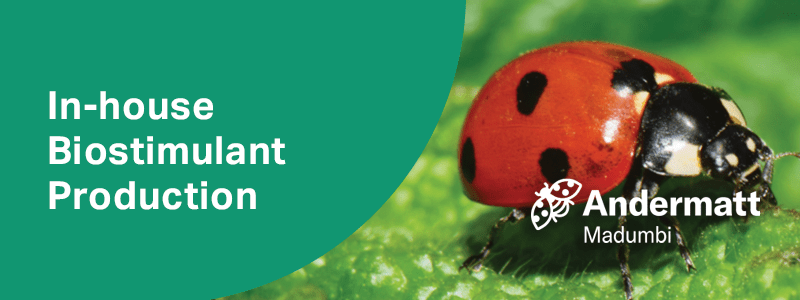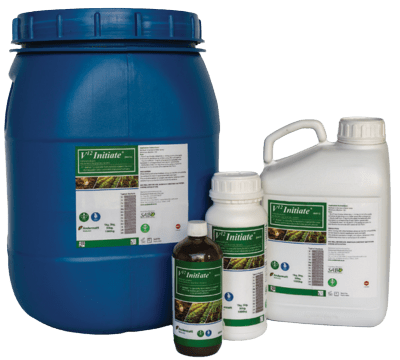
The European Biostimulants Industry Council (EBIC) defines a biostimulant as: “a substance or microorganism that, when applied to seeds, plants, or the rhizosphere, stimulates natural processes to enhance nutrient uptake, nutrient efficiency, tolerance to abiotic stress, and crop quality, with the ultimate goal of improving the overall performance of plants, soils, and associated ecosystems. ”
In the quest for a more sustainable and environmentally conscious agricultural system globally, biostimulants have emerged as a key player, especially in the context of the European Union’s Green Deal objectives for 2030. As the EU aims to reduce chemical pesticide and fertilizer use, biostimulants offer a practical solution to maintain or even improve yields while minimizing negative impacts on ecosystems.
By unlocking nutrients and enhancing certain processes that are already happening within plants, biostimulants may enable us to “grow more with less”. This is an essential principle by which we must align as the EU’s Green Deal sets ambitious targets for mitigating climate change, conserving biodiversity, and ensuring sustainable agricultural practices. At its heart lies the goal of reducing the use of synthetic fertilizers and promoting practices that enhance resource efficiency. Biostimulants align seamlessly with these objectives, presenting affordable options for growers to maintain yields and produce healthy food.
With conversations around climate change and uncertainty around availability of conventional agrochemical fertilisers and pesticides, it is essential to ensure that crops are healthy with thriving immune systems. Biostimulants foster stronger and healthier plants by promoting root growth, increasing stress tolerance, and enhancing the overall immune system of crops. This translates into reduced susceptibility to diseases and pests, ultimately reducing the need for chemical interventions. By embracing biostimulant technologies, farmers can cultivate more resilient crops that may require fewer synthetic inputs, thereby aligning with the Green Deal’s vision of sustainable and climate-resilient agriculture.
At Andermatt Madumbi, we are now producing our own biostimulants in-house locally in South Africa. We are sourcing the best quality raw materials that are backed by data and that offer consistency and quality from batch to batch. We strive to engineer balanced biostimulant products that meet the needs of the Andermatt Group globally, considering specific placement within existing crop programs, to offer the best possible synergy. By becoming a manufacturing subsidiary, we find ourselves in an exciting position that allows for flexibility in a changing market place.
an exciting position that allows for flexibility in a changing market place.

The ‘grow more with less’ philosophy not only addresses environmental concerns but also addresses the global challenge of food security. With a growing global population, ensuring food for all is paramount. Biostimulants can play a pivotal role by not only boosting crop yields but also improving the quality and nutritional content of harvested produce. Thus, biostimulants offer a technological advancement that must be embraced by modern agriculture. As time goes on, we will iron out the regulatory clouds surrounding where biostimulants fit in and will deepen our technical conversations on the synergy offered by these inputs in existing agricultural programs. As the world navigates complex environmental challenges, biostimulants offer a promising solution to promote a greener future while meeting the needs of a growing global population.
Opinion Piece by Andermatt Madumbi, Biospecialist,
Peter Thorpe
